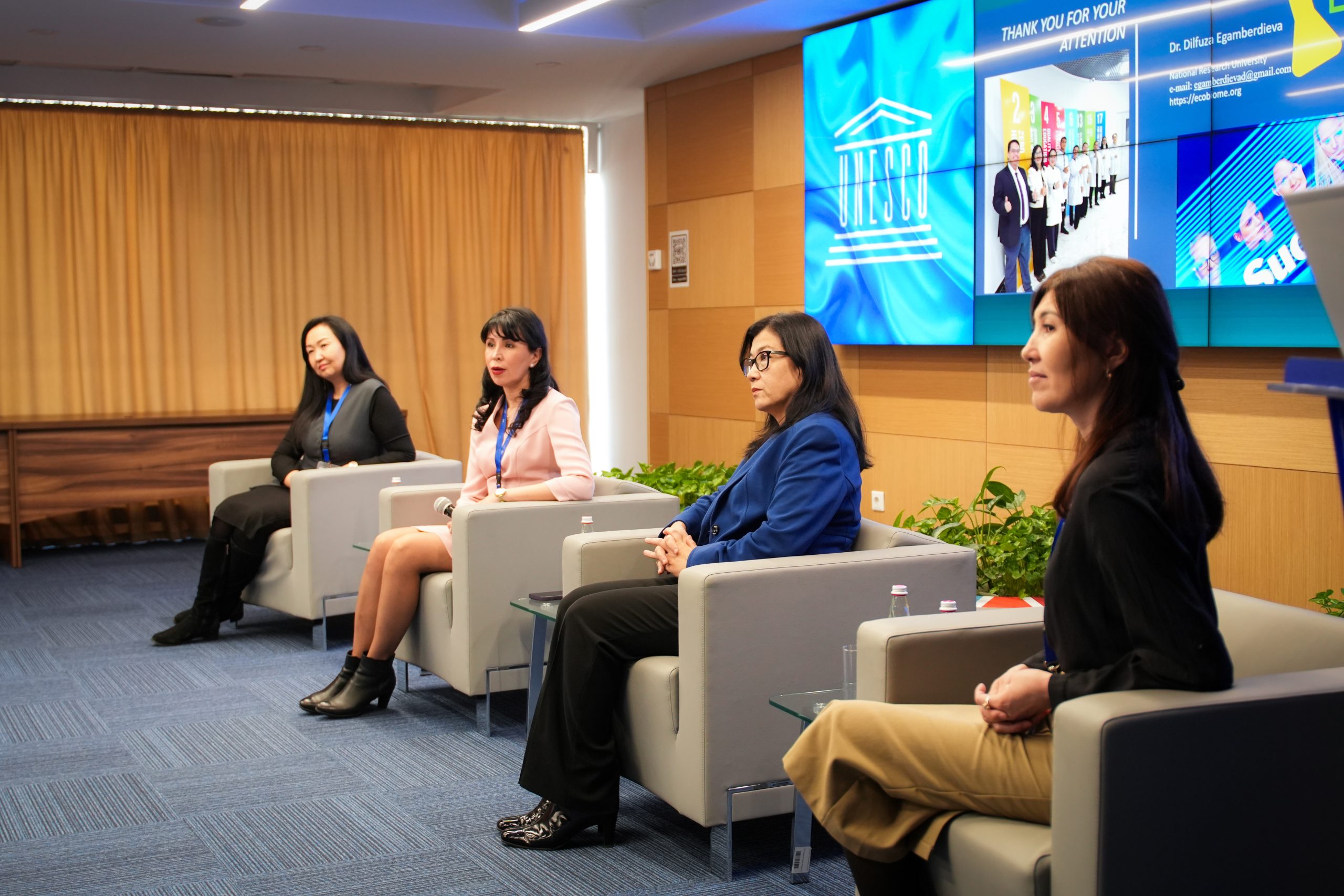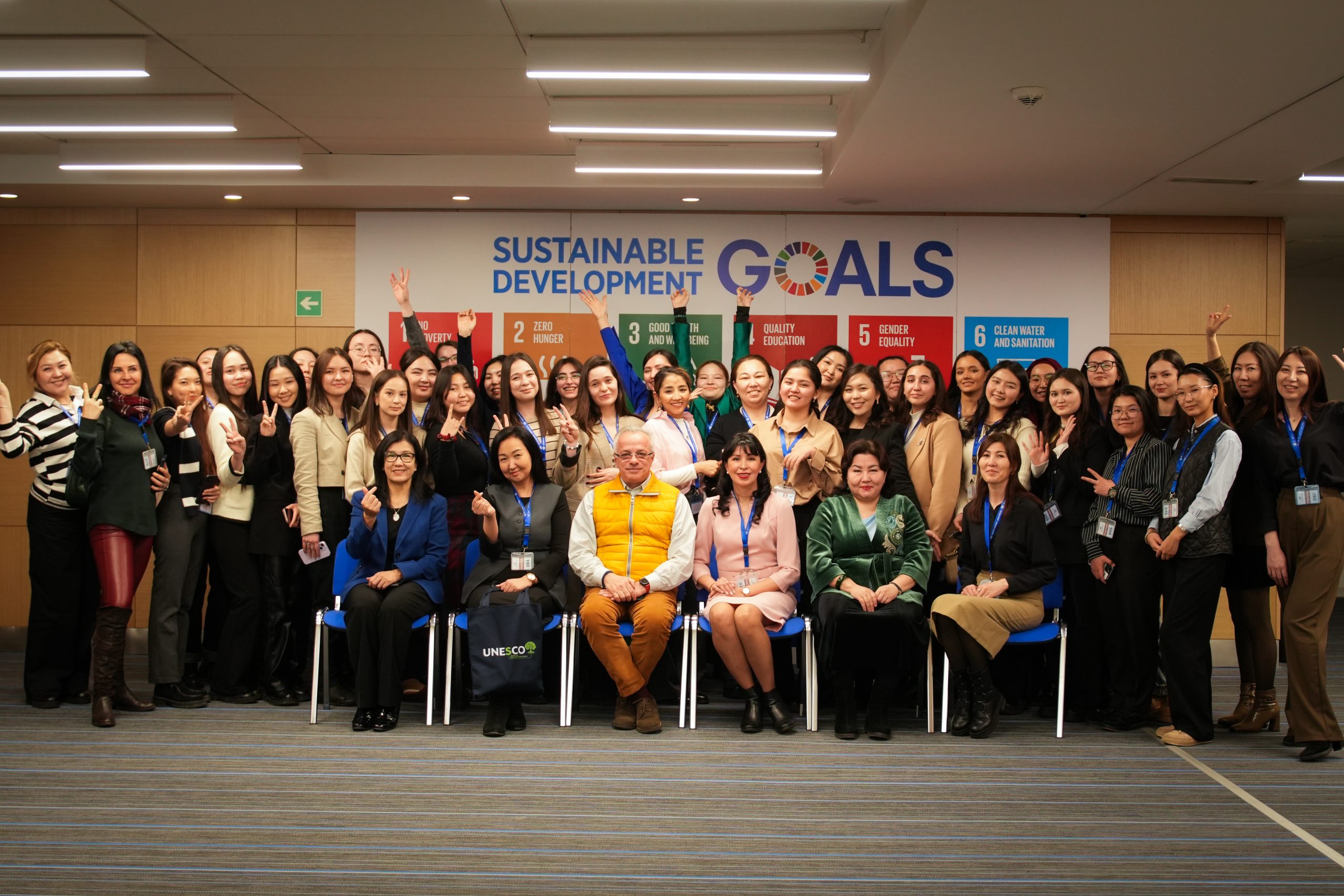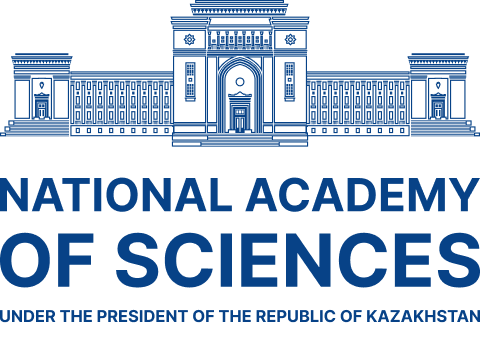On February 11, the UNESCO Regional Office in Almaty held a seminar to encourage interest in science among women students in Central Asia.
«Let’s do a little experiment,» began Dr Dana Baitukayeva, one of the seminar’s speakers. «Close your eyes and imagine that an astronaut walks into our hall. Who do you see: a man or a woman?» The audience’s response was almost unanimous: they imagined a man. But who says an astronaut can’t be a woman?
This question became a key moment in the seminar, organized by the UNESCO Regional Office in Almaty to celebrate the International Day of Women and Girls in Science, as part of the International Decade of Science for Sustainable Development (2024-2033). The seminar aimed to spark interest in scientific careers among young women. It was attended by women students from universities in Kazakhstan, as well as four distinguished speakers who discussed the importance of gender equality in science, shared personal stories, and inspired the younger generation to pursue careers in science.
UNESCO
Gender inequality: facts and figures
The seminar began with a presentation on gender inequality in science. Despite significant progress in recent decades, women still account for only 33.3% of researchers globally. Regionally, according to data from 2018, the proportion of female researchers in Central Asia ranges from 37.5% in Tajikistan to 52.8% in Kazakhstan. Social norms, gender biases that affect employment and work environments, and limited mentorship opportunities are all factors that hinder women’s advancement in science.
Success stories: role models
However, there are many inspiring examples of women who have overcome these barriers. The seminar speakers were exemplary role models in this regard.
Dr Dilfuza Egamberdieva,
microbiologist, winner of the UNESCO–Carlos J. Finlay Prize for Microbiology, National Research University TIIAME in Uzbekistan:
«When I entered graduate school, my supervisor, who was like a second mother to me, told me, ‘You’re young, you have your whole life ahead of you, but remember, you will spend most of your life at work, so your work should become your hobby.’ This advice became an important guiding principle for me. Overcoming various challenges, I learned to see them as a natural part of life. The most important lesson I learned is that difficulties exist mostly in our minds. Once we realize they can be overcome, we can push past them.”
Prof Dr Lyazzat Yeraliyeva,
Vice President of the National Academy of Sciences of the Republic of Kazakhstan under the President of the Republic of Kazakhstan:
«At the start of my career, I worked in a children’s infectious disease hospital during a meningitis outbreak. To identify the cause, I conducted research using PCR diagnostics, a method that was new at the time. Despite the difficulties, I was able to demonstrate that the outbreak was caused by pneumococcus. This research gained the attention of the Ministry of Health and the scientific community and played a crucial role in adding the pneumococcal vaccine to Kazakhstan’s National Immunization Schedule, helping protect our children from this dangerous disease.»
Dr Ainur Mussina,
Associate Professor, Department of Meteorology and Hydrology, Al-Farabi Kazakh National University:
«The challenges women face are often related to their social roles. A woman is not only a professional but also a mother. When my children were young, it was difficult to balance work and family life. But my family became my support system, and thanks to their encouragement, I was able to overcome these challenges. Looking back, I can honestly say that without the support of my loved ones and mentors, my journey would have been much harder.»
Dr Dana Baitukayeva,
Ambassador and mentor of the Unisat Nano-satellite Educational Programme for Girls, associate professor of the International Law Department, Al-Farabi Kazakh National University:
«During one presentation, I faced an unpleasant experience. At an event with around 30 men in attendance, they began whistling at me. Though it was difficult, I chose not to let it affect me. I completed my presentation with professionalism, and later, the same individuals approached to apologize. This experience taught me a valuable lesson: in such situations, maintaining professionalism and disregarding provocation is essential. That’s the only way to shift attitudes and foster respect.»
The Future is in Our Hands
Inspired by the speakers’ stories, seminar participants engaged in an interactive session where they discussed how to attract more women to science. They suggested ideas and strategies, including the creation of mentorship programs to help women overcome barriers and develop careers in science. It was also emphasized that work should not only focus on women but also involve men to create a more inclusive scientific environment.
At the end of the seminar, participants left the hall energized and determined, knowing that science is a field where they can overcome challenges and shape a better future.



